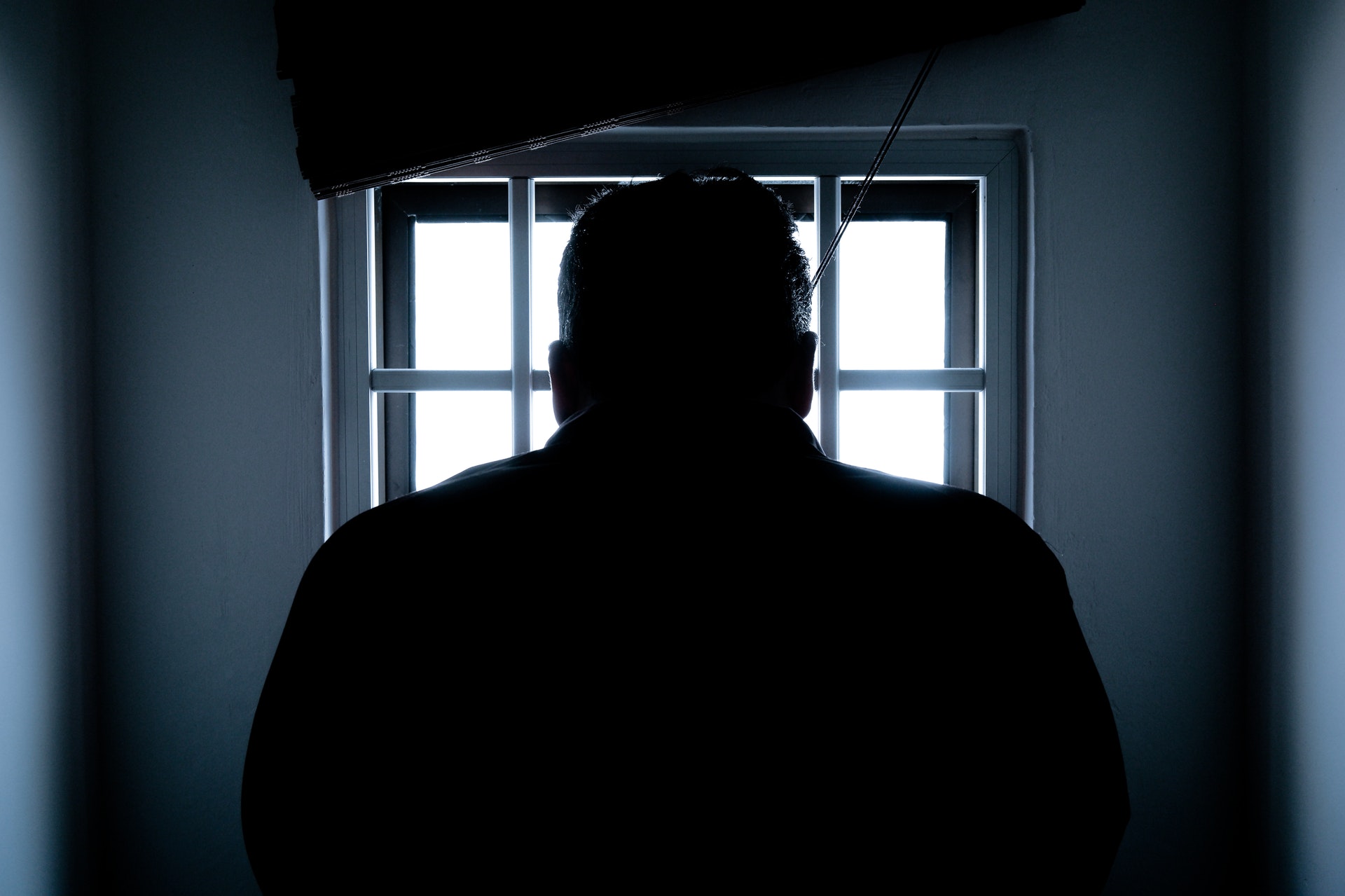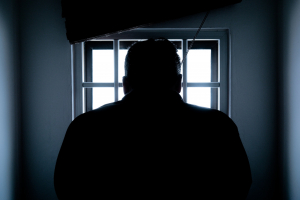
Our Mental Health Is Out of Focus
[av_one_full first min_height=” vertical_alignment=” space=” custom_margin=” margin=’0px’ row_boxshadow=” row_boxshadow_color=” row_boxshadow_width=’10’ link=” linktarget=” link_hover=” padding=’0px’ highlight=” highlight_size=” border=” border_color=” radius=’0px’ column_boxshadow=” column_boxshadow_color=” column_boxshadow_width=’10’ background=’bg_color’ background_color=” background_gradient_color1=” background_gradient_color2=” background_gradient_direction=’vertical’ src=” background_position=’top left’ background_repeat=’no-repeat’ animation=” mobile_breaking=” mobile_display=” av_uid=’av-fqix4′]
[av_image src=’http://playbiglabs.com/wp-content/uploads/2020/02/FATWsun2-4.jpg’ attachment=’805′ attachment_size=’full’ align=’center’ styling=” hover=” link=” target=” caption=” font_size=” appearance=” overlay_opacity=’0.4′ overlay_color=’#000000′ overlay_text_color=’#ffffff’ copyright=” animation=’no-animation’ av_uid=’av-k74zrk84′ admin_preview_bg=”][/av_image]
[av_heading heading=’Our Mental Health Is Out of Focus’ tag=’h2′ link_apply=” link=’manually,http://’ link_target=” style=” size=” subheading_active=” subheading_size=’15’ margin=” padding=’10’ color=” custom_font=” custom_class=” admin_preview_bg=” av-desktop-hide=” av-medium-hide=” av-small-hide=” av-mini-hide=” av-medium-font-size-title=” av-small-font-size-title=” av-mini-font-size-title=” av-medium-font-size=” av-small-font-size=” av-mini-font-size=”][/av_heading]
[av_codeblock wrapper_element=” wrapper_element_attributes=” codeblock_type=” av_uid=’av-k7az8wcq’]
[/av_codeblock]
[av_textblock size=” font_color=” color=” av-medium-font-size=” av-small-font-size=” av-mini-font-size=” av_uid=’av-k74zq0jx’ admin_preview_bg=”]
It is encouraging that the topics of mental health and mental health care are receiving increased attention in the public dialogue. It concerns me though, that much of that discourse is not in the right context, that we’re not focused on the real problems we need to solve.
It’s most often a public safety issue that puts the topic of mental health into the headlines. The most common driver of these headlines is an act of mass violence. When this happens, invariably I hear in some form, the suggestion “It’s a good thing that this is bringing more attention to mental health.” I don’t agree with this presumption.
Public safety is not public health. Clearly, public safety is essential to the health of our community, and there’s no disputing that public health and safety issues often intersect, but addressing public health issues primarily as a matter of public safety is not only doing a disservice to those in need of mental health care, it’s also almost certain to be ineffective in protecting us from people doing bad things.
I’m not suggesting that the health of our community should be prioritized over its safety. The two are front and center in the news right now with the coronavirus pandemic. We are asking individuals to self-quarantine, and in some cases enforcing a quarantine where deemed appropriate to try to contain the spread of the infection. In this situation, public health and public safety might appropriately be seen as one and the same.
A couple of weeks ago there was an encouraging story on NPR, “America’s Mental Health Crisis Hidden Behind Bars.” I think it’s encouraging insofar as it indicates that we are starting to see recognition from the powers that be in law enforcement, that incarceration is not an appropriate treatment for those who demonstrate unlawful behaviors due to a mental health issue.
The essence of this story is captured by Patrisse Cullors’ slogan “You can’t get well in a cell.” Cullors has a brother who’s been diagnosed with schizoaffective disorder and has spent significant time in the LA Jail system. She asks, recalling the first time she saw her brother incarcerated there “… why would our society allow for someone who’s sick to be treated this way, to not be given the kind of care they deserve?”

Tim Belavich, director of mental health for the Los Angeles County jail system underscores this sentiment. “By default, we have become the largest treatment facility in the country. And we’re a jail. I would say a jail facility is not the appropriate place to treat someone’s mental illness.”
This problem is not unique to the LA jail system. Across the country, the rate of Serious Mental Illness (SMI) in federal, state and local prisons and jails is about 15%-20%. The rate of SMI in the general population is about 4%.
I am happy to say that right here in Huntsville, Alabama, our city and county law enforcement agencies are working together with Wellstone Behavioral Health, our local mental health care provider, to address this very issue. They’ve recently implemented a jail diversion program to ensure that those who need mental health care are getting that care in a timely manner. They are also providing Crisis Intervention Team (CIT) training to select officers to support their efforts to better identify and respond when a citizen they intereact with has mental health issues. Admittedly their efforts are primarily in the interest of public safety to reduce recidivism, but to me, this approach clearly prioritizes the protective mission of law enforcement and the corrective charter of our justice system.
While the numbers plainly indicate that there is a problem associated with a disproportionate prevalence of mental illness in our prison systems, there is a critical distinction that needs to be made, one that there should be no confusion about. We’ve acknowledged that the rate of serious mental illness in the jailed population is about four times higher than that in the general population. This does suggest that individuals with mental illness may be ‘more prone’ to “criminal” activity. But this in no way indicates that mental illness makes any particular individual likely to commit acts of violence or other criminal behaviors. To suggest that mental illness is a good predictor of criminal behaviour absolutely puts the conversation on mental health in the wrong context. This only serves to reinforce the already destructive impacts of stigma, and can only lead to similarly destructive and regressive policies around mental health care.
Mental illness is not an infectious disease, but it will have life-changing impacts on every one of us at some point in our lives. To simply quarantine those with serious mental illness, by incarceration or institutionalization, is an ineffective approach in terms of public safety, is counterproductive in terms of public health, and most importantly – it’s just inhumane.
.
‘A strong community is built of healthy individuals and
good health starts with a healthy mind’
[/av_textblock]
[av_textblock size=” font_color=’custom’ color=’#ffffff’ av-medium-font-size=” av-small-font-size=” av-mini-font-size=” av_uid=’av-k751m9bi’ admin_preview_bg=”]
–
[/av_textblock]
[av_social_share title=’Share this entry’ style=” buttons=” av_uid=’av-k74zwwta’ admin_preview_bg=”]
[av_textblock size=” font_color=’custom’ color=’#ffffff’ av-medium-font-size=” av-small-font-size=” av-mini-font-size=” av_uid=’av-k751m9bi’ admin_preview_bg=”]
–
–
[/av_textblock]
[/av_one_full]



